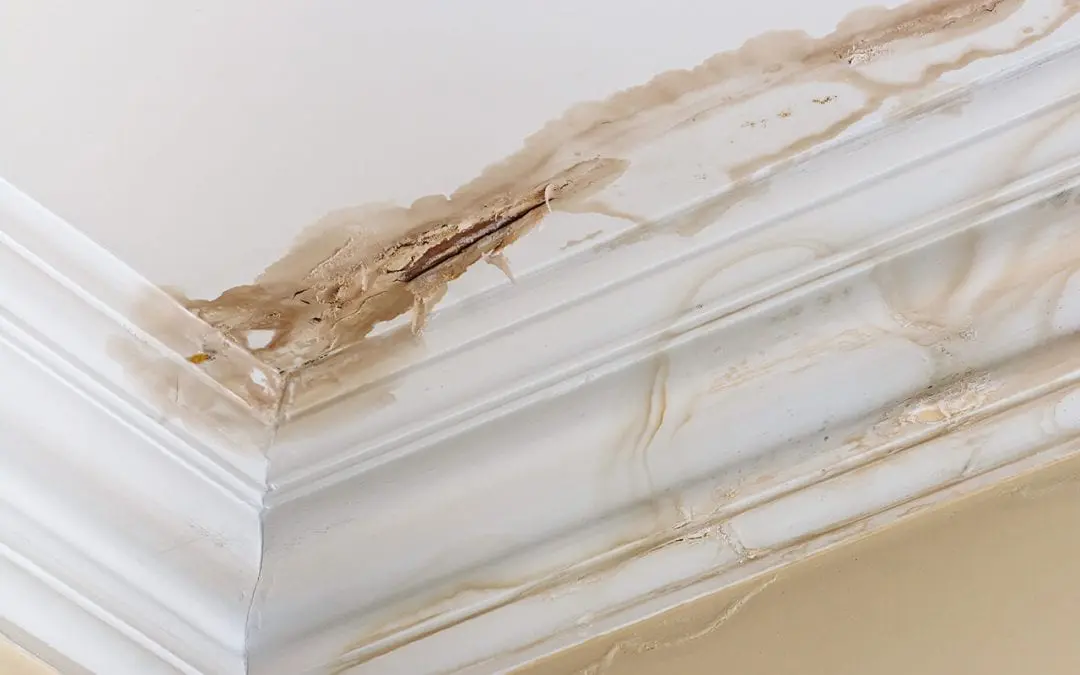Water damage is one of the most common types of property damage that homeowners face. It can occur because of things like storms, floods, and broken pipes. Whatever the cause may be, it is crucial to act quickly to address residential water damage. The longer you wait, the worse the damage will get and the more costly the repairs will be. Here are some tips on how to deal with water damage at home.
Know What Caused the Water Damage
The first thing to do when you have residential water damage is to determine the cause. This way you’ll know what steps are necessary to fix it and prevent it from happening again. Look for visible signs of damage, like water stains on ceilings or walls and peeling paint.
If you don’t see any visual clues to what caused the residential water damage, take a look at your utility bills. They’ll often include information about how much water was used during a specific period. If numbers on your bill show that more water was used over an extended period, then it’s likely due to leaks from plumbing fixtures.
Based on the cause of the damage, the following are some measures you need to take immediately:
- Turn off the water supply and electricity. This should be the first thing to do to avoid contamination of your plumbing system and the risk of electrocution.
- Remove all items from the affected area, including clothes, books, and electronics, and place them in a dry place away from the problem until you can clean up properly.
- Dry out any standing water or puddles in your home.
Cleaning and Drying Your Home
The next step is to clean up the affected area as soon as possible. When cleaning up after residential water damage, it’s essential to remove any wet items so you don’t begin to see mold growth.
Moreover, certain materials might be permanently destroyed due to water damage, like carpeting and hardwood floors, among others. You’ll need to call professionals for these types of repairs. It’s often best to replace these items entirely.
Stop Mold Growth
Prevent mold by drying out your home quickly and thoroughly. If you notice mold growth after cleaning up, use bleach on surfaces that have been touched by water and let them air-dry for at least 24 hours before reoccupying them.
Prevent Residential Water Damage in the Future
Next, assess the extent of damage, looking at what needs to be repaired and how much it will cost. You may need to hire a water mitigation company if the damage is severe. They will be able to help and offer recommendations on how to protect your property from water damage in the future. Be sure to take pictures of the damaged areas for insurance purposes and keep receipts for any repairs.
Seek Compensation for Residential Water Damage
If the damage is substantial, talk to your insurance company. The insurer may help cover some or all of the repair costs depending on their policy provisions. Produce all the evidence to substantiate your claim for repairs. If you had a pipe leak, you can ask for a credit from your water utility provider to offset the higher bill you paid when the leak was active.
In the event of residential water damage, it is important to act quickly. The longer you wait, the more susceptible your property is to mold and structural damage, which can lead to costly repairs.
Homeworx Services Inc. provides home inspection services to Northern Virginia. Contact us to schedule an appointment.

